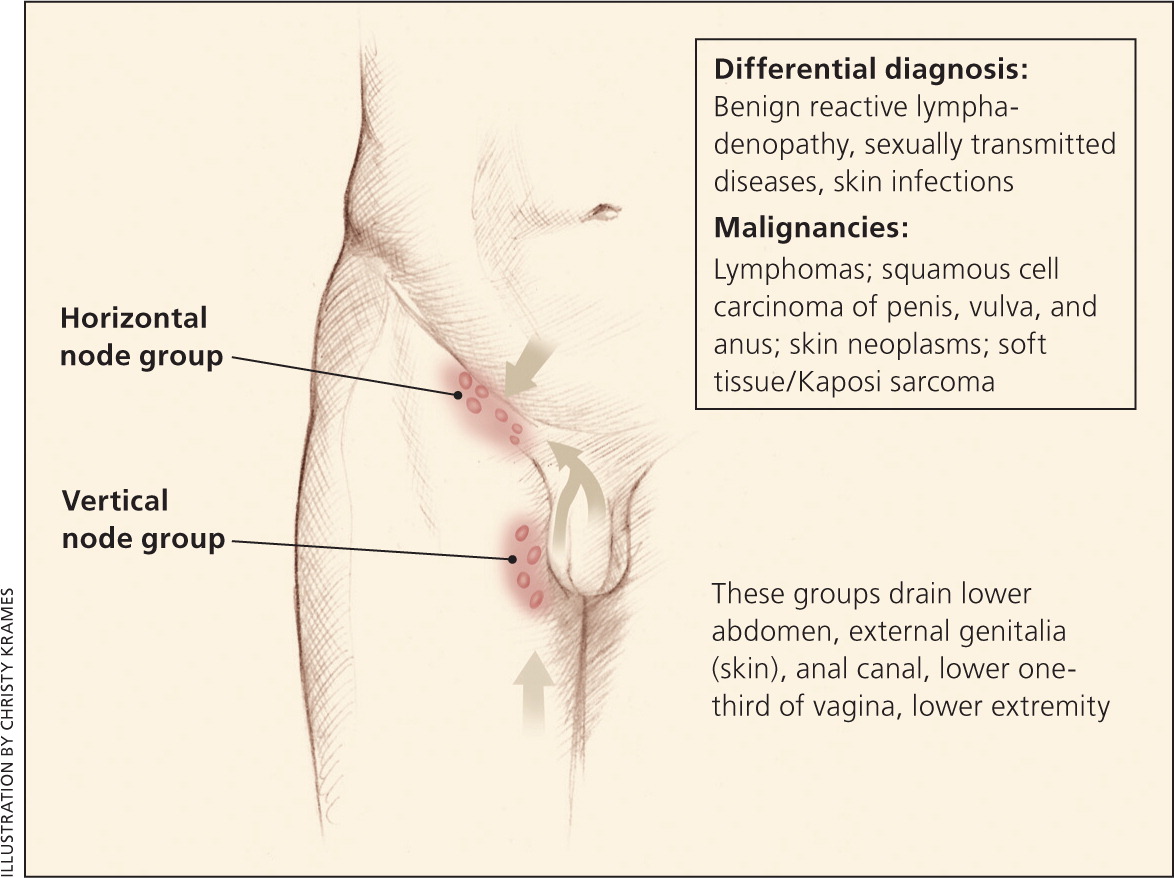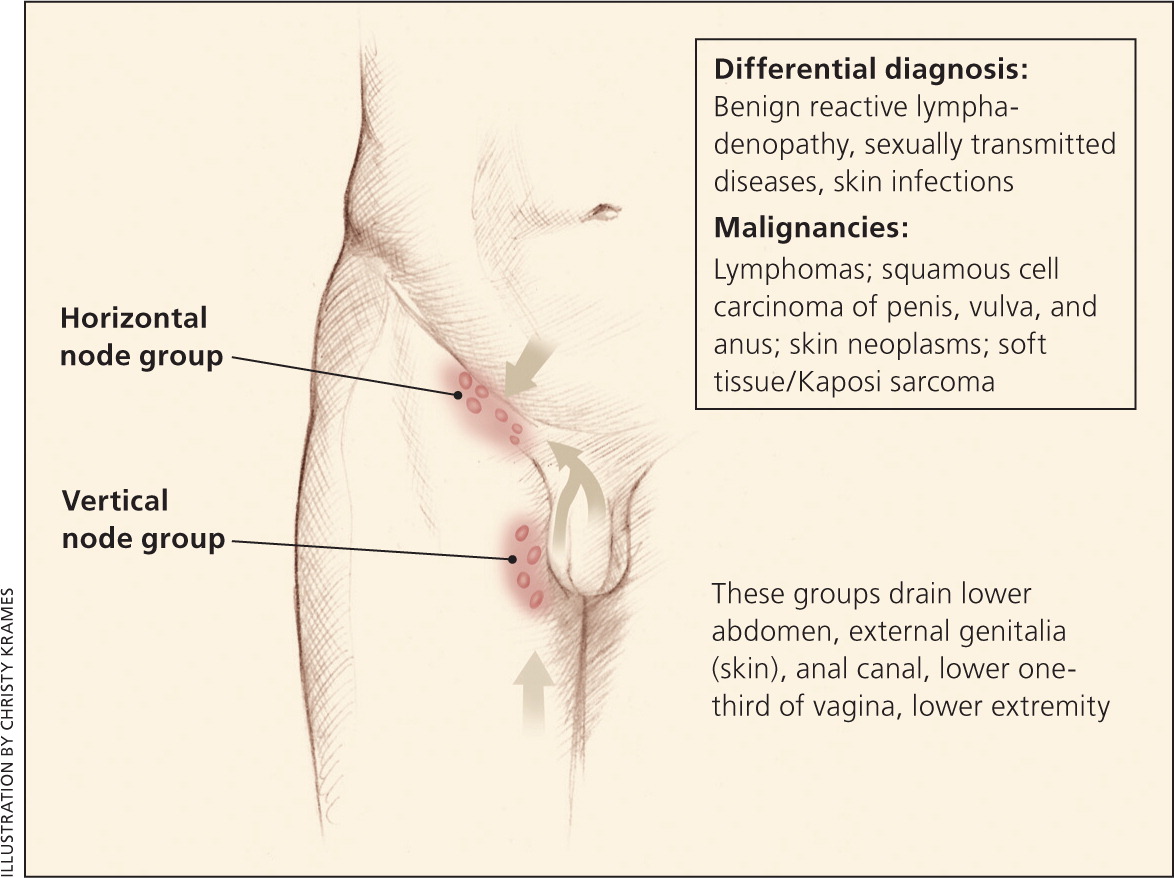Causes of Swollen Inguinal Lymph Nodes: Understanding the Underlying Reasons
Lymph nodes are an essential part of our immune system, helping to filter out harmful substances and fight off infections. But when they become swollen or inflamed, it can be a cause for concern. Specifically, inguinal lymph nodes, located in the groin area, play a crucial role in detecting and responding to infections in the genital and anal regions. So, what causes these lymph nodes to swell up? In this blog post, we’ll delve into the underlying reasons behind swollen inguinal lymph nodes.
What You Need to Know
Swollen inguinal lymph nodes can be a symptom of various conditions, ranging from minor infections to more serious health issues. Understanding the causes is crucial for appropriate diagnosis and treatment. In this section, we’ll explore the first key point: Infections as the Primary Cause.
What’s Behind the Swelling?
The majority of cases of swollen inguinal lymph nodes are caused by infections that have spread to the groin area. These infections can arise from various sources, including:
- Bacterial infections like cellulitis or abscesses
- Fungal infections such as candidiasis
- Viruses like herpes simplex or HPV
- Parasitic infections like scabies or pubic lice
When an infection occurs in the genital or anal region, the inguinal lymph nodes become activated to respond to the threat. As they work to filter out the harmful substances and fight off the infection, they can become swollen and tender. In some cases, the swelling may be accompanied by redness, warmth, and a feeling of tenderness in the affected area.

Infections as the Primary Cause
The majority of cases of swollen inguinal lymph nodes are caused by infections that have spread to the groin area. These infections can arise from various sources, including:
- Bacterial infections like cellulitis or abscesses
- Fungal infections such as candidiasis
- Viruses like herpes simplex or HPV
- Parasitic infections like scabies or pubic lice
When an infection occurs in the genital or anal region, the inguinal lymph nodes become activated to respond to the threat. As they work to filter out the harmful substances and fight off the infection, they can become swollen and tender. In some cases, the swelling may be accompanied by redness, warmth, and a feeling of tenderness in the affected area.
For example, if you have a bacterial infection such as cellulitis, your inguinal lymph nodes may swell up to help fight off the infection. Similarly, if you have a fungal infection like candidiasis, your lymph nodes may become swollen due to the presence of fungal organisms in the affected area.
It’s essential to note that not all cases of swollen inguinal lymph nodes are caused by infections. Other underlying conditions can also cause swelling, which we’ll explore further in this blog post.
Further Causes
In addition to infections, there are several other conditions that can cause swollen inguinal lymph nodes. These include:
- Cancer, particularly in the genital or anal regions
- Inflammatory conditions such as Crohn’s disease or ulcerative colitis
- Autoimmune disorders like lupus or rheumatoid arthritis
- Sarcoidosis, a chronic inflammatory condition that can affect various parts of the body
We’ll dive deeper into each of these conditions and explore how they can cause swollen inguinal lymph nodes in the next section.
Conclusion
In this section, we’ve explored the primary causes of swollen inguinal lymph nodes, including infections and other underlying conditions. Understanding the causes is crucial for appropriate diagnosis and treatment. In the next section, we’ll examine further causes and provide guidance on what to do if you’re experiencing swollen inguinal lymph nodes.
Get Expert Guidance on Swollen Inguinal Lymph Nodes
We are ready to answer your questions, day or night.
Start chatCauses of Swollen Inguinal Lymph Nodes: Understanding the Underlying Reasons
Lymph nodes are an essential part of our immune system, helping to filter out harmful substances and fight off infections. But when they become swollen or inflamed, it can be a cause for concern. Specifically, inguinal lymph nodes, located in the groin area, play a crucial role in detecting and responding to infections in the genital and anal regions. So, what causes these lymph nodes to swell up? In this blog post, we’ll delve into the underlying reasons behind swollen inguinal lymph nodes.
What You Need to Know
Swollen inguinal lymph nodes can be a symptom of various conditions, ranging from minor infections to more serious health issues. Understanding the causes is crucial for appropriate diagnosis and treatment. In this section, we’ll explore the first key point: Infections as the Primary Cause.
What’s Behind the Swelling?
The majority of cases of swollen inguinal lymph nodes are caused by infections that have spread to the groin area. These infections can arise from various sources, including:
- Bacterial infections like cellulitis or abscesses
- Fungal infections such as candidiasis
- Viruses like herpes simplex or HPV
- Parasitic infections like scabies or pubic lice
When an infection occurs in the genital or anal region, the inguinal lymph nodes become activated to respond to the threat. As they work to filter out the harmful substances and fight off the infection, they can become swollen and tender. In some cases, the swelling may be accompanied by redness, warmth, and a feeling of tenderness in the affected area.
Conclusion
In conclusion, understanding the causes of swollen inguinal lymph nodes is crucial for appropriate diagnosis and treatment. While infections are the primary cause, it’s essential to consider other underlying factors that may contribute to this symptom. If you’re experiencing swollen inguinal lymph nodes, it’s important to consult with a healthcare professional to determine the root cause and develop an effective treatment plan.
By being aware of these potential causes and taking proactive steps towards diagnosis and treatment, you can take control of your health and well-being. Remember, swollen inguinal lymph nodes are not always a sign of a serious underlying condition, but it’s still important to seek medical attention if the swelling persists or worsens over time.
Stay informed, stay healthy!
The average resting heart rate for teenage girl: Ever wondered what a normal resting heart rate is for a teenage girl? This article provides the answer, along with some fascinating facts about heart health and tips on how to stay healthy as a teenager.
Black beans nutrition fact: Are you looking for a nutritious and delicious addition to your diet? This article explores the amazing health benefits of black beans, from their high fiber content to their ability to lower cholesterol levels. Discover why black beans should be a staple in your kitchen!



